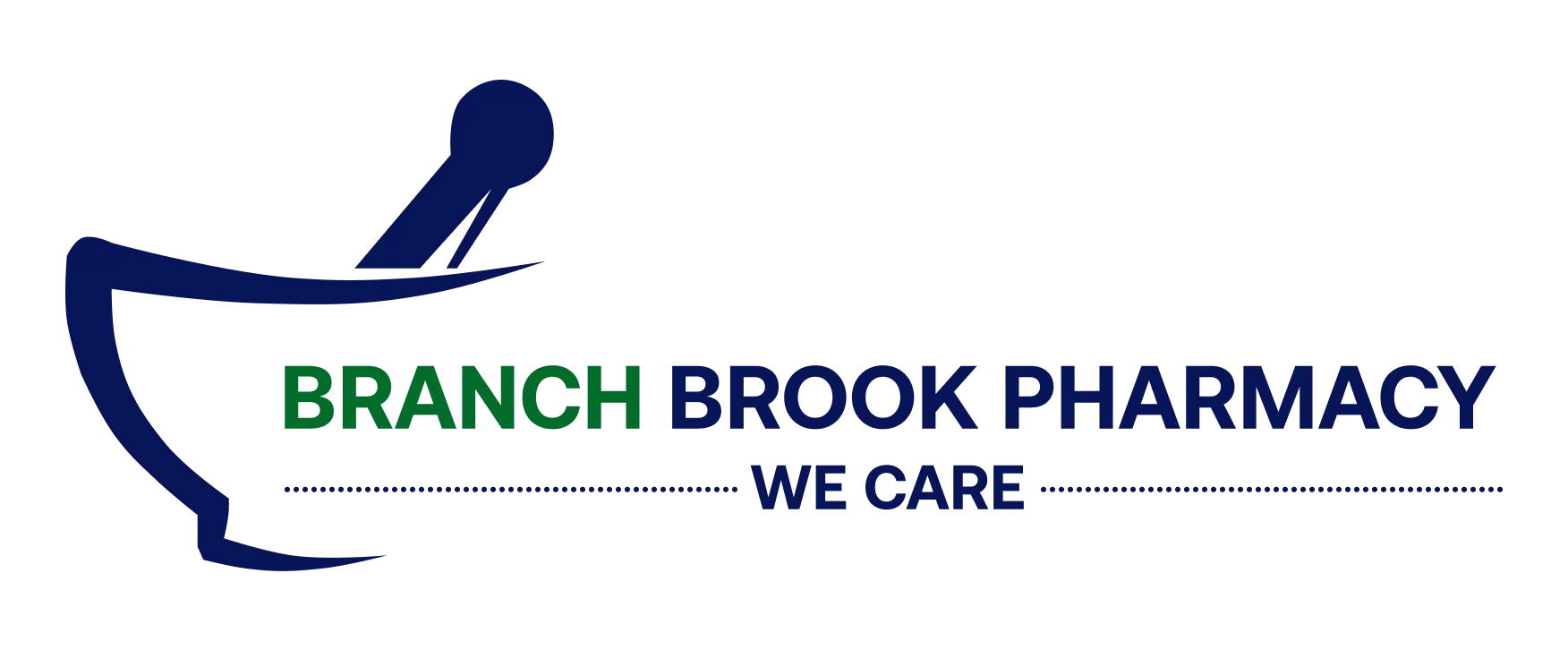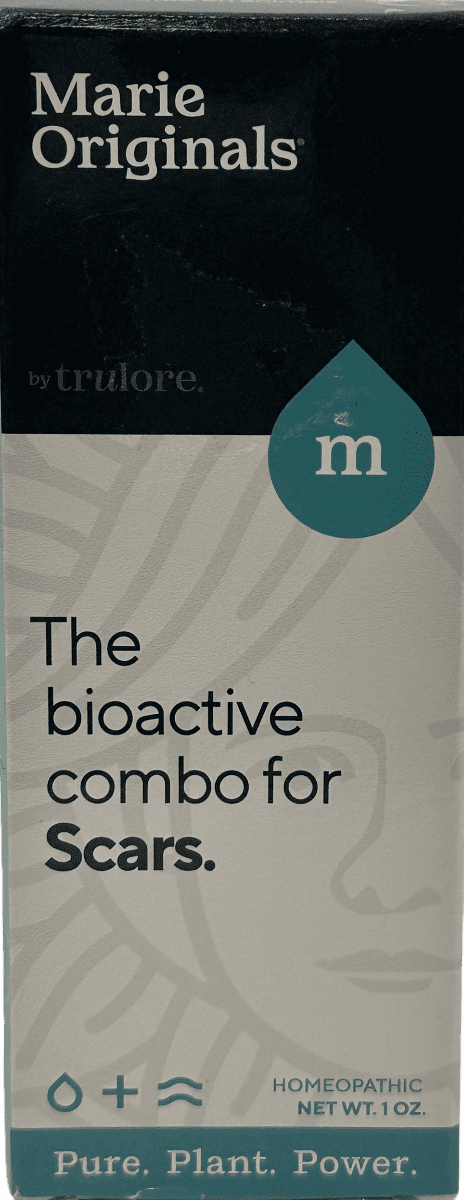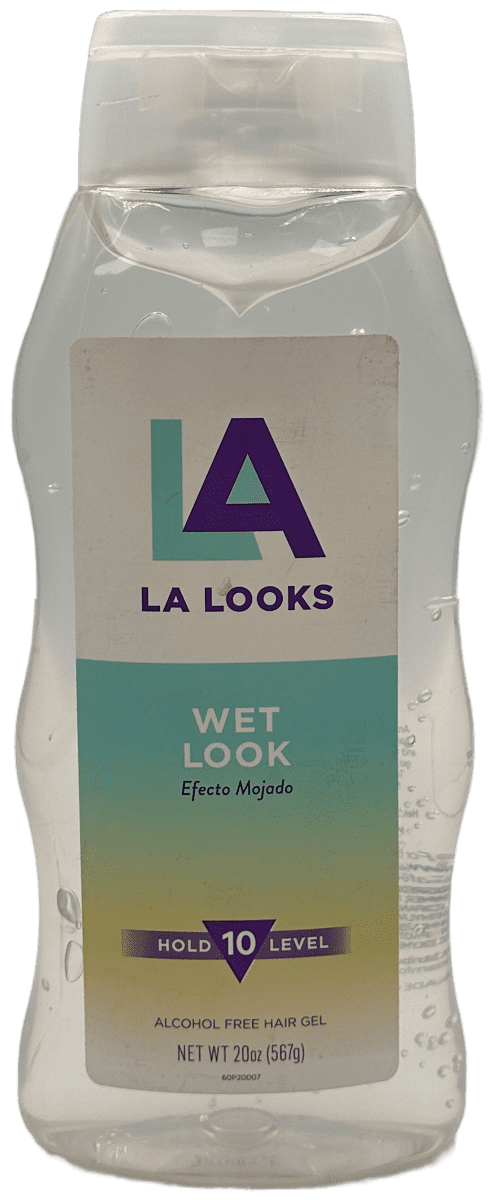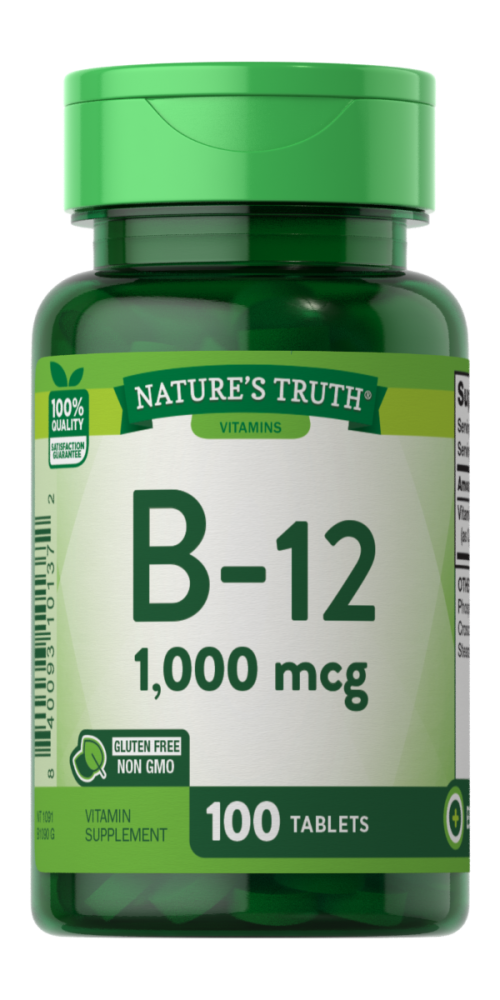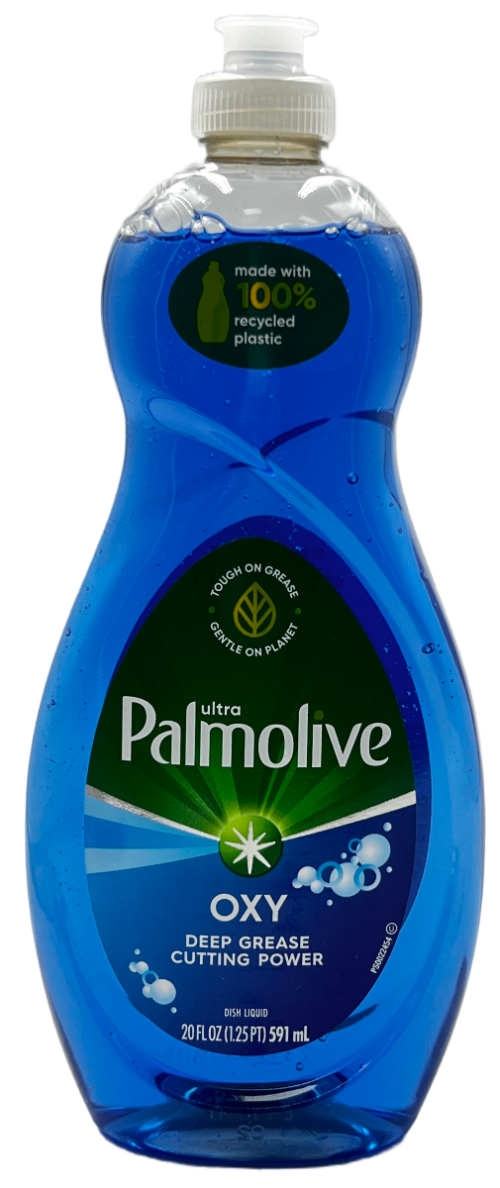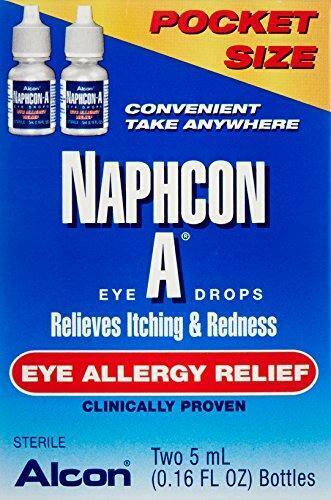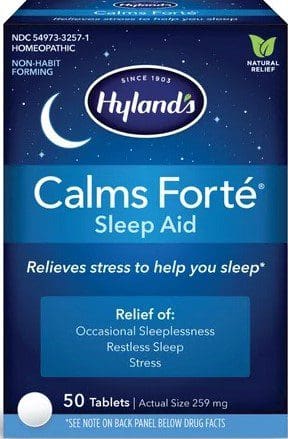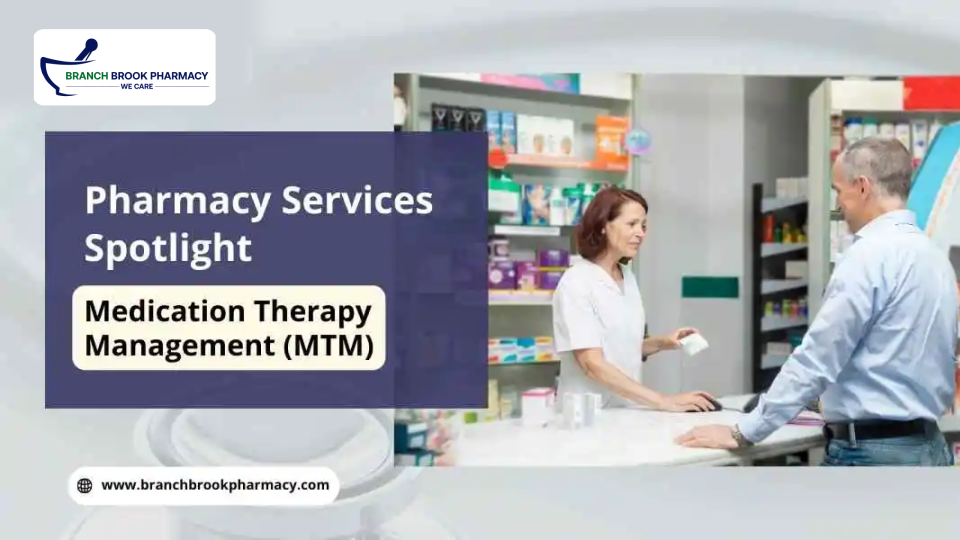
In today’s fast-paced world, where healthcare services are evolving rapidly, pharmacies play a pivotal role in ensuring patients receive optimal care. Among the array of services they offer, Medication Therapy Management (MTM) stands out as a critical component. MTM services encompass a comprehensive approach to managing medications, focusing on improving patient outcomes and ensuring the safe and effective use of medications. Let’s delve into the world of Medication Therapy Management and explore how it benefits patients and healthcare providers alike.
Understanding Medication Therapy Management (MTM)

Medication therapy management, often referred to as MTM, is a patient-centred approach to healthcare delivery provided by pharmacists. MTM services involve a range of activities aimed at optimizing medication therapy, improving medication adherence, and preventing adverse drug events. Pharmacists who provide MTM services work closely with patients, healthcare providers, and other stakeholders to ensure that each patient’s medication regimen is safe, effective, and tailored to their individual needs.
The Components of MTM Services
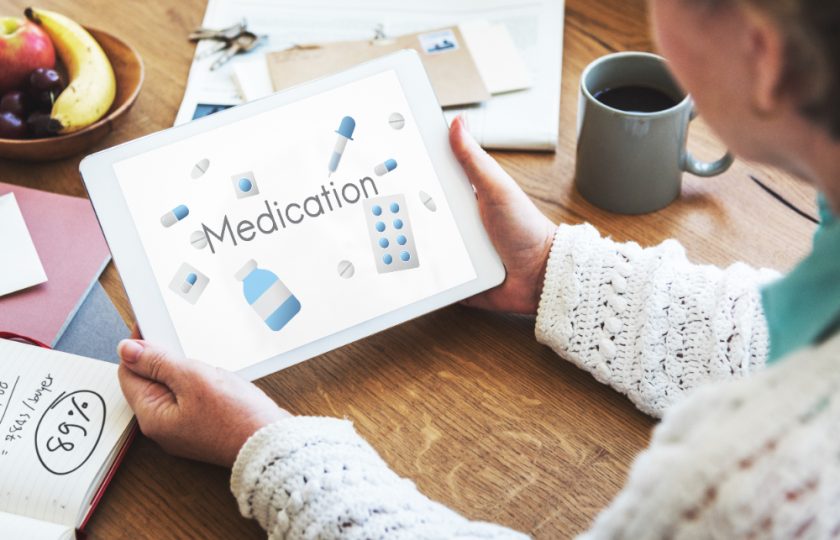
MTM services typically include the following components:
Medication therapy reviews (MTR): A systematic process of evaluating a patient’s medications to ensure that each is appropriate, effective, safe, and being used correctly.
Personal medication record (PMR): A comprehensive record that includes all of a patient’s medications.
Medication-related action plan (MAP): A patient-centric document listing actions for achieving specific health outcomes that are developed in collaboration between the patient and pharmacist.
Intervention and referral: The pharmacist may intervene to address medication-related issues or refer the patient to their primary care provider.
Documentation and follow-up: Essential for ensuring the continuity of care, documentation and follow-up activities support effective and safe medication use.
There are five core elements of an MTM session:
| MTM Session Element | Description |
| Medication Therapy Review | Pharmacist gathers information on medications and health conditions to identify potential issues. |
| Personal Medication Record | A comprehensive list of all medications (prescription, over-the-counter, supplements, and herbs) is created. |
| Medication-Related Action Plan | Based on the discussion, specific actions or behaviour changes are defined for the patient. (e.g., adjusting medication time due to side effects) |
| Intervention and Referral | Pharmacist intervenes to address medication-related problems, potentially referring the patient to their doctor or sending recommendations. |
| Documentation and Follow-Up | Standardized documentation is completed, and a follow-up appointment may be scheduled if needed. |
The Role of Pharmacy Services in MTM
Pharmacy services are at the forefront of MTM, offering a wide range of patient care services to optimize medication therapy and improve patient outcomes. Through MTM services, pharmacists provide personalized medication management plans, conduct medication reviews, identify drug therapy problems, and collaborate with healthcare providers to resolve issues and optimize treatment.
Pharmacy consultations are a cornerstone of MTM services, allowing pharmacists to assess patients’ medication regimens, identify potential drug interactions or adverse effects, and provide education and counselling to patients about their medications. By engaging patients in discussions about their medications, pharmacists empower them to take an active role in managing their health and medication therapy.
The Importance of MTM Services in Patient Care
Medication therapy management plays a crucial role in improving patient care and outcomes. By optimizing medication therapy, MTM services help reduce medication-related problems, enhance medication adherence, and prevent unnecessary hospitalizations or emergency room visits. Patients who receive MTM services experience improved health outcomes, better quality of life, and reduced healthcare costs.
Pharmacists who provide MTM services are trained to assess patients’ medication regimens holistically, taking into account factors such as drug interactions, medication appropriateness, and patient preferences. By addressing these factors, pharmacists can tailor medication therapy to each patient’s unique needs, ensuring that they receive the most effective treatment with the fewest possible side effects.
The Benefits of MTM for Patients
Medication therapy management offers numerous benefits for patients, including:
- Improved Medication Adherence: By working with pharmacists to better understand their medications, patients are more likely to adhere to their prescribed treatment regimens.
- Reduced Risk of Adverse Drug Events: Pharmacists help identify and prevent potential drug interactions or adverse effects, reducing the risk of harm to patients.
- Enhanced Disease Management: MTM services assist patients in managing chronic conditions such as diabetes, hypertension, and asthma by optimizing medication therapy and providing education and support.
- Personalized Care: Each patient receives individualized attention from pharmacists, ensuring that their medication therapy aligns with their unique needs and preferences.
- Improved Health Outcomes: Patients who receive MTM services experience better health outcomes, including reduced hospitalizations, improved symptom control, and enhanced quality of life.
The Role of Clinical Pharmacy in MTM
Clinical pharmacy plays a critical role in the delivery of MTM services, providing pharmacists with the knowledge and skills necessary to assess medication therapy, identify drug therapy problems, and intervene to optimize treatment. Clinical pharmacists collaborate with other healthcare providers as part of an interprofessional team, working together to ensure that patients receive comprehensive care.
Through clinical pharmacy services, pharmacists engage in medication therapy management activities such as medication reconciliation, medication therapy reviews, and medication counselling. Clinical pharmacists also provide specialized services such as anticoagulation management, immunizations, and medication therapy monitoring for complex patients with multiple comorbidities.
MTM in Action: A Case Study
To illustrate the impact of MTM services, let’s consider a hypothetical case study:
Jane is a 65-year-old patient with diabetes, hypertension, and hyperlipidemia. She is taking multiple medications to manage her condition but is experiencing difficulty adhering to her treatment regimen. Her healthcare provider refers her to a pharmacist for MTM services.
The pharmacist conducts a comprehensive medication review, identifying potential drug interactions and medication-related problems. She works with Jane to develop a personalized medication management plan, simplifying her regimen and addressing her concerns about side effects and cost.
Through regular follow-up appointments, the pharmacist monitors Jane’s progress and provides ongoing support and education. As a result of the MTM services, Jane experiences improved medication adherence, better control of her chronic conditions, and enhanced quality of life.
Staying Up-to-Date Is Important for Medication Therapy Management
In the ever-evolving world of medicine, staying up-to-date on medication therapy management (MTM) is crucial for pharmacists to provide optimal patient care. With a constant stream of new drugs being approved, like the over 50 additions in 2023 alone, keeping pace requires dedication to lifelong learning. The Accreditation Council for Pharmacy Education emphasizes this ongoing process, and pharmacists have various resources at their disposal. Participating in topic discussions, attending training programs, and joining professional associations are all valuable strategies. Even online platforms like LinkedIn and volunteer opportunities with the National Board of Medication Therapy Management (NBMTM) can contribute to a pharmacist’s knowledge base. By embracing these resources and staying informed, pharmacists can ensure their patients receive the most effective and up-to-date medication management plans.
Also Read: Sun Safety Essentials: Protecting Your Skin This Summer
Conclusion
In conclusion, Medication Therapy Management (MTM) is a vital component of pharmacy services, focusing on optimizing medication therapy and improving patient outcomes. Through MTM services, pharmacists play a crucial role in medication management, ensuring that patients receive safe, effective, and personalized care. By collaborating with patients and healthcare providers, pharmacists can address medication-related problems, enhance medication adherence, and ultimately improve patient health and well-being. MTM services are a cornerstone of modern pharmacy practice, highlighting the importance of pharmacists in the delivery of comprehensive patient care.
Key Takeaways: Community Pharmacists & Direct Care
- Expanded Role: Community pharmacists provide more than just medication – they offer direct-care services to empower patients.
- Direct-Care Services: These services include vaccinations, medication therapy management (MTM), adherence solutions, and even pharmacogenomics testing.
- Reimbursement Varies: While reimbursement for these services may differ, it’s readily available for vaccinations and MTM, making them accessible options.
